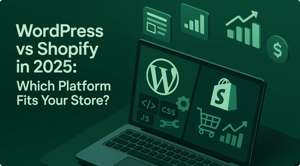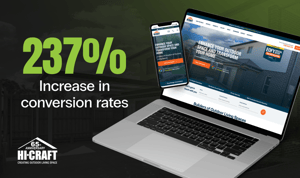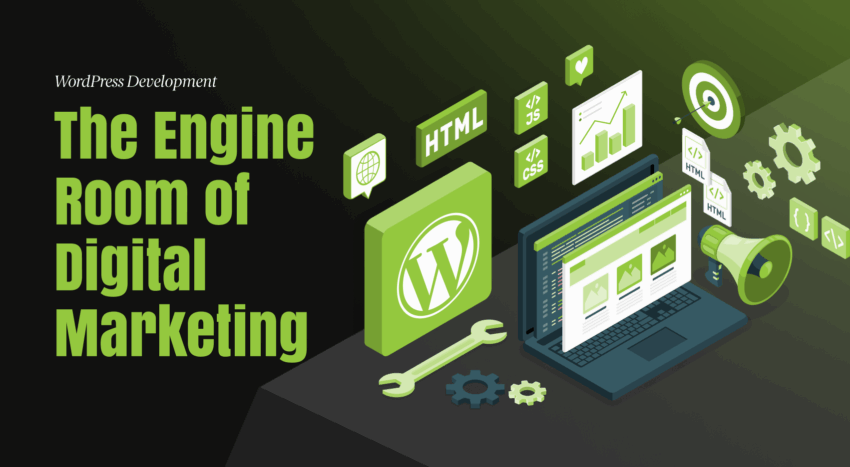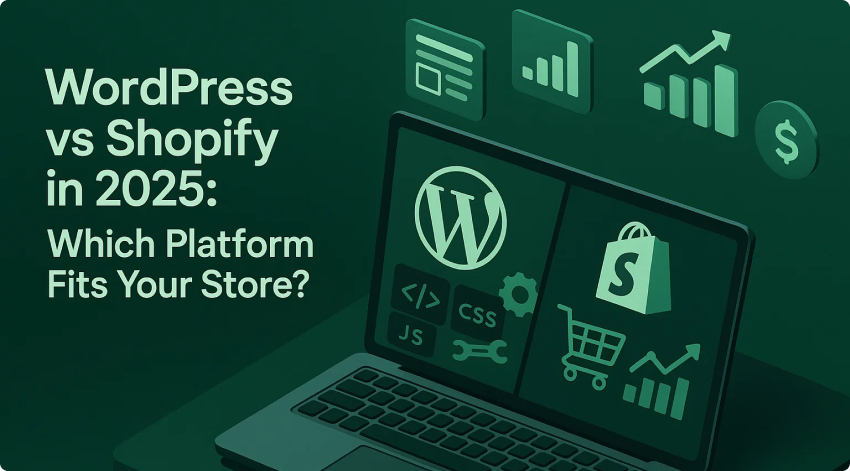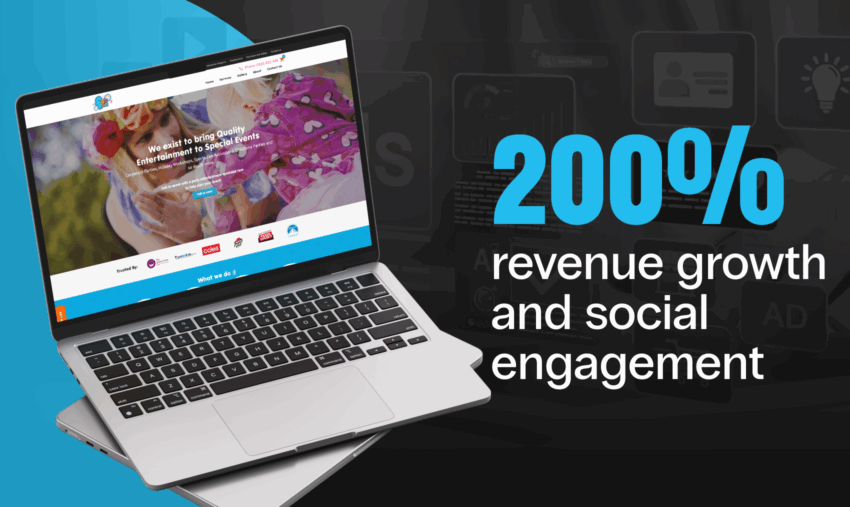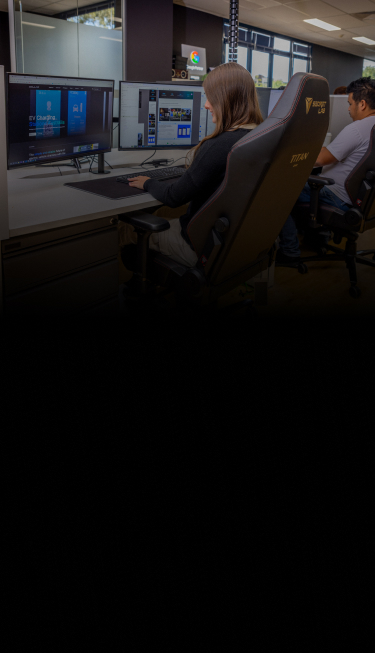
WordPress Development Sydney
- 17 years, 500+ WordPress sites, 2025 Web Awards finalist
- In-house Sydney team, not offshore contractors
- No templates: faster, more secure, uniquely yours

WordPress development: Custom code, zero page builders
WordPress development Sydney businesses can rely on starts here. We build sites that perform, scale, and convert. Our Sydney-based WordPress development team has delivered over 500 sites since 2008, with most clients seeing measurable impact within 90 days: faster load times, stronger conversions, and more qualified leads.
Whether you are a service business in Surry Hills, an eCommerce store in Parramatta, or a franchise expanding across the Northern Beaches, you get custom WordPress development built for your goals now and ready to scale with you. No page builders. No offshore outsourcing. Just a senior development team that cares about your results.
Why businesses choose our WordPress development team
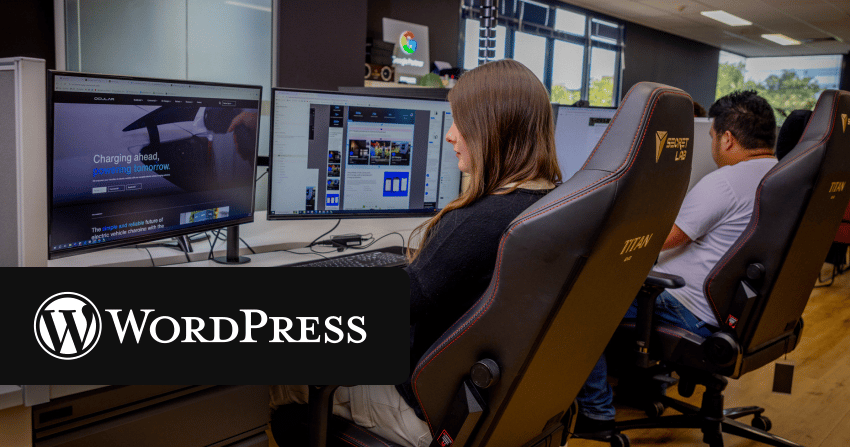
Photo contains Jordann and Gian
You need more than a WordPress site. You need one built around your business, your goals, and your growth. Our WordPress development Sydney team combines technical expertise with digital marketing strategy to deliver sites that perform and scale.
- Founded in 2008 with 17 years building high-performing WordPress sites for Sydney brands.
- Sydney-Based Team with in-house development and technical expertise from our Norwest office.
- ROI-Driven Approach: every WordPress build is designed to increase leads, sales, and long-term value.
- Proven Results backed by case studies showing 3x traffic growth and sub-2s load times.
- Google Premier Partner and Semrush Certified Agency Partner.
- Custom Code Only: no Elementor, no Divi, no page builders. Clean PHP, organised CSS, modular JavaScript.
- No Lock-Ins: you own your site, your content, and your hosting credentials.
- 100% Australian Owned and NSW Government approved supplier (ABN 80 130 483 827).
Who we build WordPress sites for
No matter your stage of growth, we deliver WordPress development that makes a measurable impact. From Bondi to Blacktown, we have worked with local businesses, ambitious scale-ups, and national brands across Sydney.
- Local service businesses (plumbers in Penrith, electricians in the Sutherland Shire, renovators in Mosman) ready to turn a basic website into a reliable source of quote requests and phone calls.
- Growing eCommerce stores that need custom WooCommerce development to scale past Shopify limitations or fix slow, clunky checkout flows.
- Marketing teams that require WordPress development integrating GA4, CRM systems, and email platforms for proper conversion tracking and revenue attribution.
- Multi-location and franchise brands across Sydney, regional NSW, or nationally that need scalable WordPress environments with centralised management and location-specific content.
Whether you are starting fresh or rebuilding for the next stage of growth, we tailor every WordPress development Sydney project to your goals, audience, and market opportunity.
How we deliver WordPress development

Architecture that scales
Custom themes built on modular components, not bloated page builders. Minimal plugin dependencies to keep Time to First Byte under 400ms and future changes manageable.
Speed and security by default
Advanced caching layers, CDN configuration, image optimisation, Web Application Firewall, and automated backup systems you can actually test and restore from.
Conversion-first builds
Message-matched landing pages, strategic placement of social proof, and forms designed around user behaviour data rather than designer preferences.
Integrations that keep working
CRM connections (HubSpot, Salesforce), booking systems (Timely, Acuity), payment gateways (Stripe, Braintree), and marketing automation that stays connected through WordPress core updates.
Measurement you can trust
Google Analytics 4 with server-side tagging, conversion events that mirror your actual sales funnel, and custom dashboards focused on revenue attribution.
What is included in our WordPress development service
Every WordPress development Sydney project is built to drive measurable business growth. Our in-house developers, designers, and marketing specialists collaborate from day one to ensure your site performs at every level.

- Strategic planning and information architecture: discovery workshops, competitive analysis, sitemap development, and content structure built around SEO intent and conversion funnels.
- Custom theme design and development: pixel-perfect WordPress themes tailored to your brand, designed for long-term maintainability with zero page builder dependencies.
- Plugin strategy and security hardening: every plugin vetted for code quality and performance. Custom functionality built on WordPress core APIs when off-the-shelf solutions fall short.
- SEO-ready technical foundation: schema.org structured data, XML sitemaps, breadcrumbs, canonical URLs, redirect mapping, and internal linking architecture ready to rank from day one.
- Performance optimisation and mobile responsiveness: advanced caching, database query tuning, image compression, and Core Web Vitals monitoring tested on actual Sydney mobile networks.
- Analytics integration and ongoing support: GA4 with proper conversion tracking, uptime monitoring, automated backups, and proactive website maintenance by in-house developers.
Add-ons: WooCommerce eCommerce builds, API integrations, WordPress multisite for franchises, headless WordPress with Next.js, custom Gutenberg block development.
Latest reviews
Your WordPress development timeline
Most WordPress development projects take 6-12 weeks from kickoff to launch. Timelines vary based on scope, integrations, and feedback speed.
- Weeks 1-2: Discovery and planning. Technical audit, competitive analysis, information architecture, and detailed project roadmap with wireframes.
- Weeks 3-6: Design and WordPress development. Custom theme build, system integrations, security protocols, and quality assurance testing across devices and browsers.
- Weeks 7-12: Launch and optimisation. Core Web Vitals monitoring, conversion rate testing, SEO fine-tuning, and team training documentation.
Need faster? Our Sydney-based team offers accelerated delivery options without compromising quality or testing standards.
WordPress development pricing
WordPress development Sydney pricing is transparent. Here are our starting points:
- Small business WordPress sites: $4,500-$7,600
- Custom WordPress development: $7,600-$15,000
- Enterprise or eCommerce builds: from $20,000
- Ongoing hosting and support: from $35/month (no lock-in)
Pricing depends on design complexity, custom functionality, and integration requirements. We provide fixed-scope proposals after a free technical audit so you know exactly what you are paying for.
All pricing is indicative and exclusive of GST. You will receive a transparent, itemised proposal after your free discovery consultation.
Trial offer: FREE WordPress audit + project quote (limited spots; offer terms apply).
Last updated: February 9, 2026
Results, not promises
Motiv8sports: Custom Booking Platform
Challenge: Patchwork digital infrastructure with clunky booking systems and third-party software that did not integrate. The existing setup was holding back growth and making franchise management painful.
Solution: Custom WordPress site integrated with a purpose-built booking engine, member management platform, mobile app for coaches, and automated communication system. SEO-optimised pages for each franchise location.
Result: 3 to 31 locations nationwide plus first international franchise. 15,000+ tickets sold per holiday period.

Jacob’s Creek: Global Multi-Language Platform
Challenge: Disjointed legacy website that did not reflect the premium brand. Navigation issues meant only 67% of users could find wines, and 63% did not immediately recognise it as a wine brand site.
Solution: Multi-language WordPress platform across 9 countries plus a global site. Rebuilt navigation, product filtering by varietal and occasion, hreflang SEO implementation, and complete URL migration with 301 redirects preserving link equity.
Result: Significant bounce rate reduction on mobile. Improved product discoverability through filtering. Stronger search foundation for international growth.

Ocular Charging: WordPress + WooCommerce Rebuild
Challenge: Existing site did not reflect the technical sophistication of their EV charging products. Needed a scalable eCommerce platform that the internal team could manage without developer intervention.
Solution: Custom WordPress theme with ACF-powered modular content blocks, WooCommerce integration with structured product categories, Gravity Forms for lead routing, and Lighthouse-tested performance across all devices.
Result: Fast, scalable eCommerce platform with intuitive backend. Modular content system enabling easy updates without developers. Clean codebase built for long-term growth.

Meet our WordPress development team
Our Sydney-based WordPress team combines senior development experience, design expertise, and conversion optimisation knowledge to build sites that perform in the real world. Every project is handled in-house from our Norwest office by developers who have been building WordPress sites since before Gutenberg existed.

Mikko Macedonio
Senior Web Developer | WordPress & Headless
Mikko has been with Click Click Media for over a year, bridging the gap between WordPress and modern JavaScript stacks. He takes a pragmatic approach – headless when it delivers an edge, monolith when it’s the smarter choice. With proven experience supporting enterprise-scale deployments, Mikko ensures that every build is robust, efficient, and tailored to the client’s needs.

Rik Allison
Senior Manager | Website Projects
With 8 years at Click Click Media, Rik is known for getting complex builds live without the drama – scoping clean, shipping clean, and keeping scope creep firmly in a jar. A veteran of major IT infrastructure initiatives, including the Opal card rollout, Rik brings rock-solid discipline and experience to every project. His steady hand ensures websites are delivered on time, on budget, and to the highest standards.

Camille Gapol
Web Developer | Legion & WordPress Specialist
For the past 5 years at Click Click Media, Camille has been the guardian of Legion and custom WordPress modules – ensuring they’re reliable, reusable, and fast. Her development work powers seamless site performance and smooth campaign execution, giving clients the technical edge they need for scalable growth.

Gian Dungca
Senior Web Developer | Large Projects Lead
Gian thrives where others hesitate. When the brief says “complex,” he smiles – tackling integrations, custom plugins, and performance budgets with ease. As the lead on large-scale projects at Click Click Media, Gian has delivered enterprise solutions for sites generating close to $1M in daily revenue. His deep technical skill and calm, methodical approach make him the go-to expert for high-stakes builds.
WordPress development FAQs
Below are clear answers to the most common questions about WordPress development Sydney businesses ask. If yours is not listed, we are only a message away.
How much does WordPress development cost in Sydney?
Most Sydney businesses invest $7,600 to $15,000 for custom WordPress development. Small business sites start from $4,500, while enterprise or eCommerce builds begin around $20,000.
Pricing depends on design complexity, custom functionality, and integration requirements. We provide fixed-scope proposals after a free technical audit. Ongoing hosting and support starts from $35/month with no lock-in contracts.
How long does a WordPress development project take?
Most custom WordPress sites take 6-12 weeks from kickoff to launch. Simple brochure sites can be completed in 4-6 weeks, while complex eCommerce or multisite builds typically require 10-16 weeks.
Weeks 1-2 cover discovery and planning. Weeks 3-6 focus on design and development. Weeks 7-12 handle launch, testing, and optimisation. Need it faster? We offer accelerated delivery without compromising quality.
How do you keep WordPress sites fast after launch?
We maintain performance through proper architecture during development and ongoing monitoring post-launch. Every site ships with advanced caching, image optimisation, and database query tuning.
Support plans include Core Web Vitals monitoring, quarterly plugin audits, and CDN configuration tuning. We test on actual Sydney mobile networks because real-world performance differs from lab conditions.
Will you migrate my existing content and preserve SEO rankings?
Yes, we handle complete content migrations while protecting your SEO equity through careful redirect mapping, metadata preservation, and validation before and after launch.
Our migration process includes pre-migration crawls, URL structure analysis, schema markup recreation, and 12 weeks of post-launch ranking monitoring. Properly executed migrations typically recover within 6-8 weeks.
Can you integrate WordPress with our CRM and booking tools?
Yes, we specialise in WordPress integrations with business systems including HubSpot, Salesforce, Stripe, Timely, Acuity, and Google Analytics 4.
We evaluate whether existing plugins handle requirements efficiently or if custom development is warranted. All integrations are documented and include error logging. Our maintenance plans include integration testing to catch breaking changes.
How is custom WordPress development different from page builders?
Custom WordPress development builds functionality directly into theme code, resulting in 60-70% smaller page weight and 40-50% faster load times compared to page builder sites. Your content stays portable and future-proof.
Page builders load massive CSS and JavaScript files on every page, create vendor lock-in with proprietary formats, and introduce maintenance complexity.
Ready to start your WordPress development project?
Your business deserves a WordPress team that cares about your success. We turn your goals into growth through custom development, continuous optimisation, and a friendly, customer-first approach.
WordPress Development Service Menu
Latest Insights


We have been helping businesses thrive since 2008.
We’ve provided over 500,000 hours of technical engineering to brands big and small









